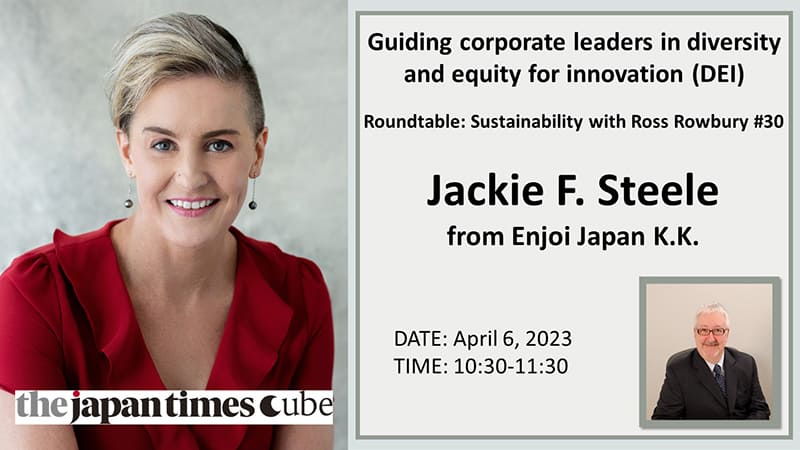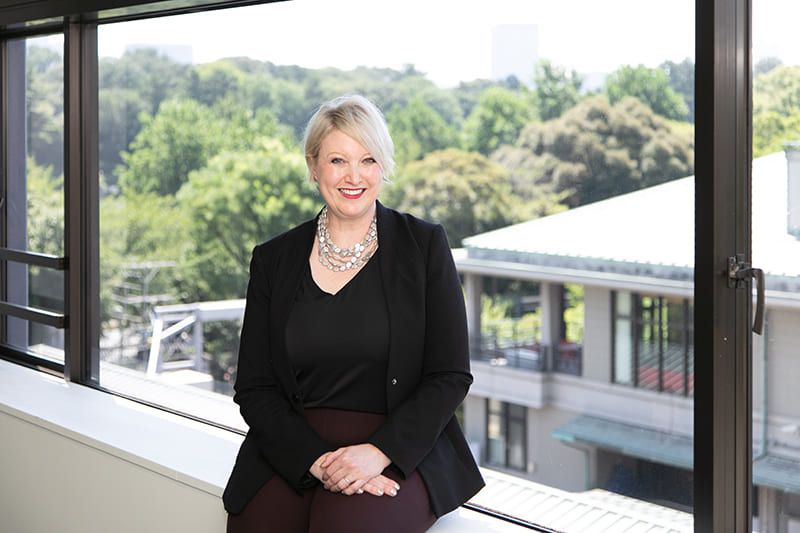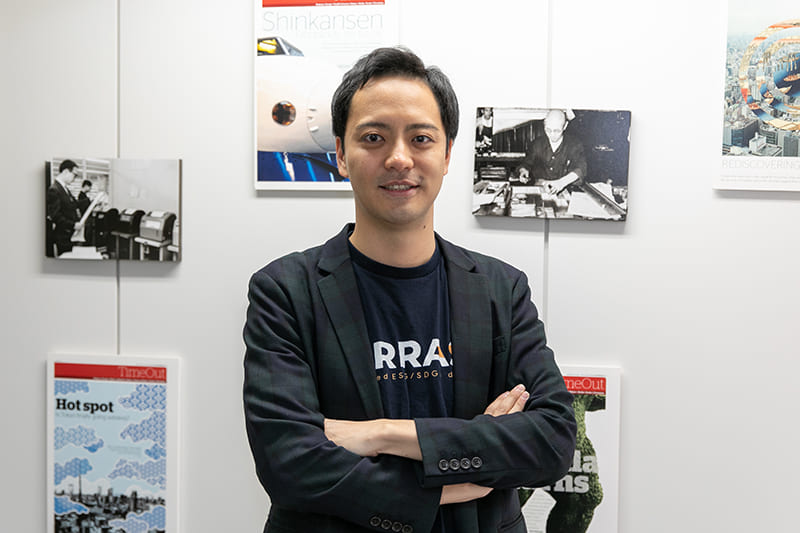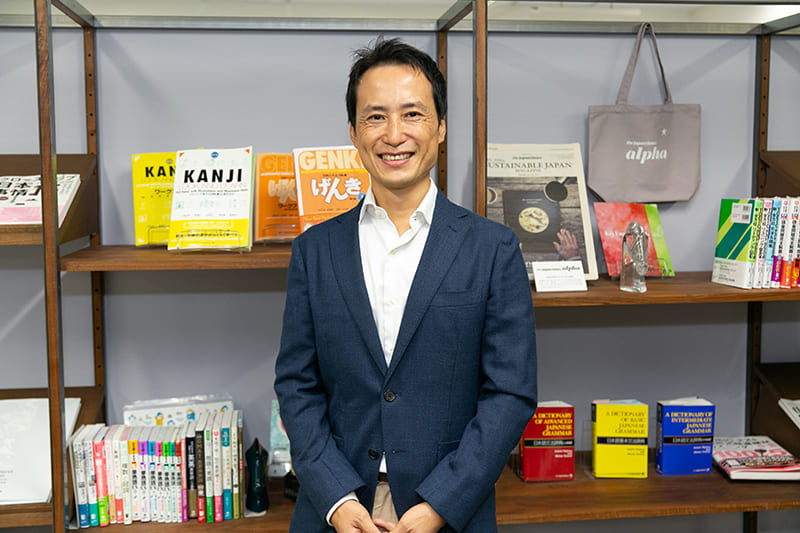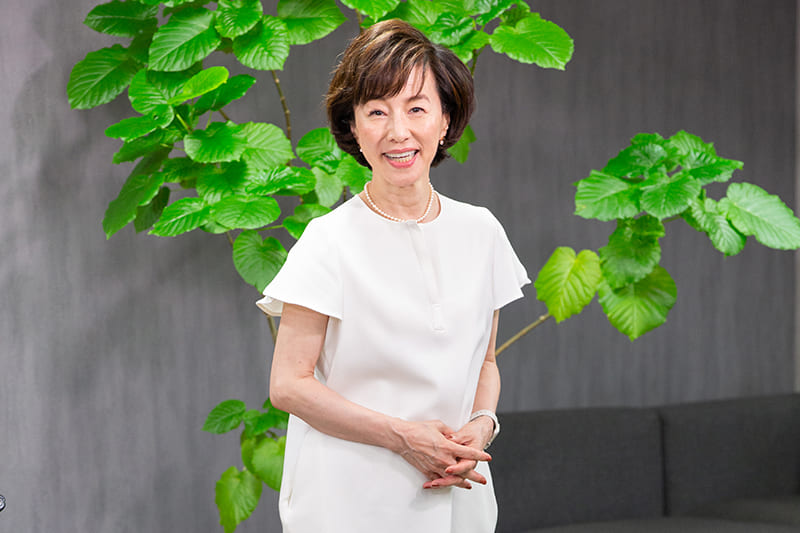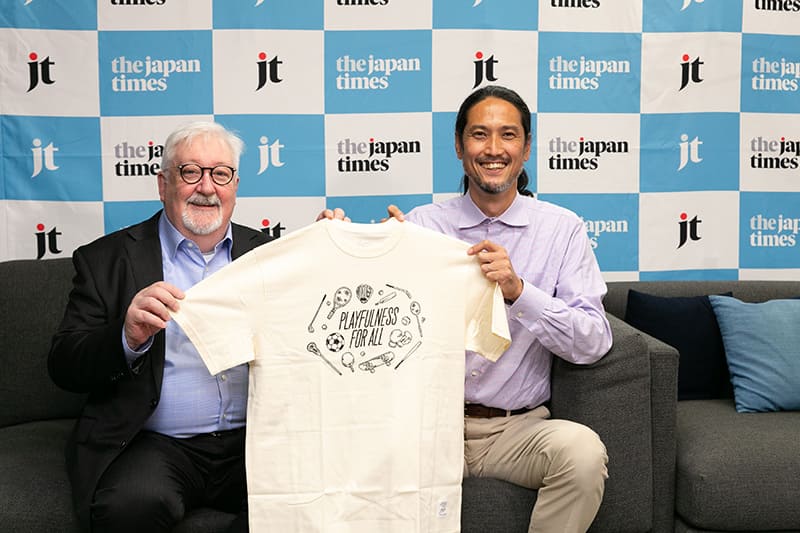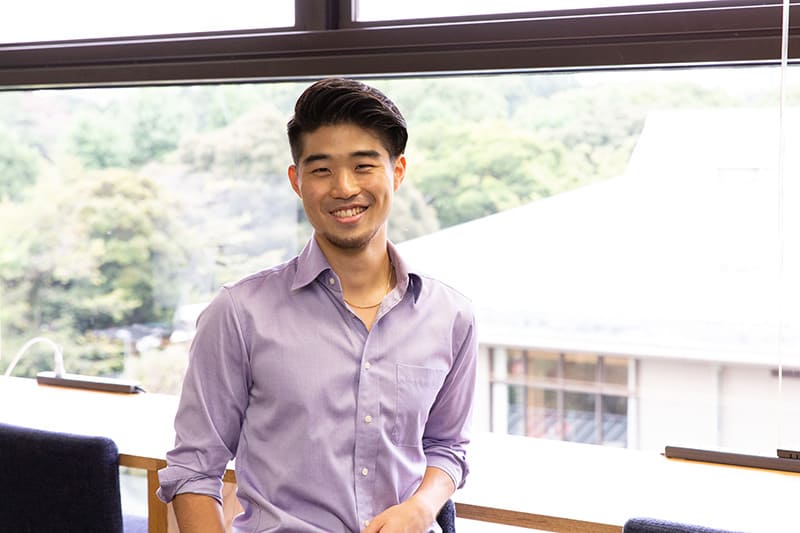May 26, 2023
Enjoi Japan cross-pollinates to grow garden of diversity

Japanese companies often can find the solutions they are seeking if they let their employees flourish, according to Jackie Steele, founder and CEO of enjoi Japan, an edtech and “diversity and equity for innovation” business strategy consultancy tasked with finding ways to leverage diversity.
“Many companies often have in-house expertise across these unique little constellations, these individuals that bring the expertise,” Steele explained, and if they would only talk more with each other, they could find more innovative solutions. “It has to be a collegial competition of ideas, a collegial exchange of problem-solving together, and it’s more of a fun process — and that’s why we’re called enjoi, because the process should be enjoyable.”
Steele took time out of her busy schedule to sit down with Ross Rowbury for the 30th iteration of Roundtable by The Japan Times to discuss what brought her to Japan, cultural constraints to innovation, the service enjoi provides, and humanity’s future. Rowbury began by asking Steele about what motivates her and why she came to Japan.
A mind-blowing discovery
“My goal in coming to Japan was to be immersed in the language and the culture,” explained Steele. After studying Japanese in high school and majoring in East Asian studies and political science at McGill University in Montreal, Steele had the opportunity to move to Japan and work in a local government office in rural Nagano for three years — “grassroots democracy in action that I finally got to experience, the best opportunity.” Steele was brought in by the local mayor in an attempt to bring in new ideas and find new ways to internationalize his local city. Steele began by providing cross-cultural awareness classes, and then quickly progressed into teaching and promoting human rights courses.
For Steele, working in rural northern Nagano meant she had the opportunity to experience the local culture, and quickly found that contrary to her expectations, the area possessed a great diversity of multiculturalism, family backgrounds, sexual orientation — cultural aspects she had always seen as strengths of her home country of Canada but had not expected to also be part of the grass roots of a local rural Japanese community. “It blew my mind,” said Steele. “All that diversity was part of the local community I was in, it just wasn’t talked about. It was a wonderful crash course in democracy.”
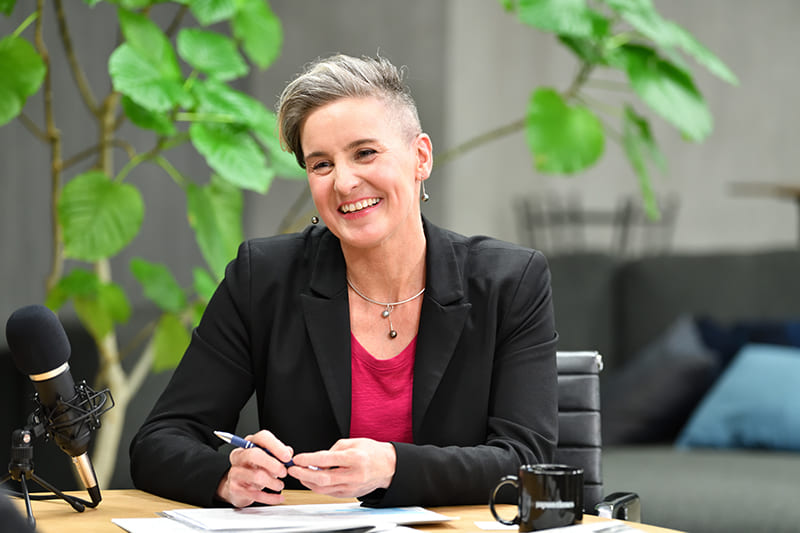
Leveraging what is there
Rowbury and Steele reflected on how Japanese society has a wonderful default to acceptance, but on the condition that you play by societal rules, and how a lot of diversity in families, marriage, ethnicity and sexual orientation often goes unremarked within the wider community. In Steele’s experience, it is the local level of government in Japan that deals with so many issues of diversity, and something she had the chance to experience firsthand during her time in Nagano. “I thought, let’s shine a light on that diversity in Japan and build the potentiality for leveraging all that wonderful competition of ideas, thinking and lived experiences — because all that is a driver of innovation and creativity.”
Steele didn’t just want to leverage this diversity in the market, but also for the betterment of democracy more generally. For Steele, everything about democracy centers on a vigorous competition of ideas, which must include a sense of safety, a sense of trust and the ability to create enough publicity for those ideas to be heard. “It’s important for those ideas to bubble up, to be heard, for us to take a 360-degree viewpoint to see what are the best ideas and the best solutions, and that’s how we can solution-forward for humanity, for our companies, for all the products they are creating,” For Steele, the lens to see diversity’s ascendancy is best reflected by the policies and laws at the national level that build national distinctiveness. “We can see diversity through our cultures,” Steele said. “Cultures don’t just drop from trees. It’s created by our histories and our interactions with other countries, and in our policies and our laws.”
Bringing ideas to marketplace
The question for enjoi Japan is, how can we leverage this diversity to find more ideas and innovation? “On the whole, I do think Japanese people do have tremendous generosity of spirit to hold space for individuality,” Steele noted, but there is also a need to flatten out the organizational culture and remind everyone that they are all there to drive the mission of the company forward. It is important to build trust and ensure that colleagues are not “torn down by taking a risk,” Steele cautioned, “to know they have a collegial space to share ideas, to know they won’t be committing career suicide.”
Rowbury asked Steele about how she deals with the problem of some junior members of staff who may have skills and knowledge but are reluctant to provide input for fear of upsetting the perceived hierarchy. Steele explained that enjoi tracks internal diversity across 10 data points, often providing companies with an “ah-ha” moment where they realize they have not leveraged those diversities. For Steele, it is about what she terms “reverse mentoring” — up, down and across — identifying areas of expertise, core values, motivational values and experiences such as living abroad. “I call it ‘people-gardening.’ You first have to prepare your soil … and we want to have a variety of plants in the garden, so we want to have diversity and respect.”

Beyond the market
Rowbury and Steele discussed how employees today are always “on,” and for Steele, downtime is just as important for diversity as experience. “Whether it’s knowing people through your taiko (drum) team, your soccer team, your robotics competitions that you join for fun — whatever it is, those kinds of communities, there’s a huge rich diversity in doing hobbies, and it’s all part of the individual cross-pollination,” enthused Steele. This “me time” is especially important considering Japan’s aging society. Workers joining companies now will likely be part of the “sandwich generation,” squeezed between family commitments and aging parents, making it more important than ever that companies provide work-life balance to retain workers. With the advance of artificial intelligence, companies will need to have workers who can make decisions based on reason and judgment more than ever, a quality best found in a diverse team.
Hope for the future
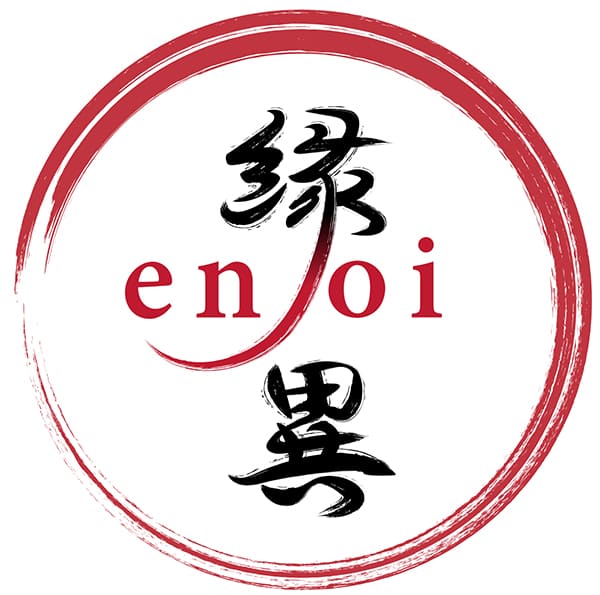
Despite Steele’s faith in the free market and the competition of ideas, she can always see room for a fairer market. “It’s a combination of balance across legal interpretations,” she cautioned. These include “human rights and diversity and inclusion, and that politicians and the actors in the free market can’t get away with murder — you need some type of intentionality around risk governance, because the social safety net disappears for all of us if we don’t think about governing the risks of one world view controlling all of us.” Steele worries about our population becoming too worn out and distracted by work to watch these bad actors. “Governance needs to have regulatory oversight, and it’s important to really have laws holding the line through the supreme court to stop monopolies of polarization out of the parliaments.”
With enjoi now pivoting to go global, Steele hopes to work with thought leaders for more happiness, opportunity and diversity in the future. “My children swim in this water,” she said.

